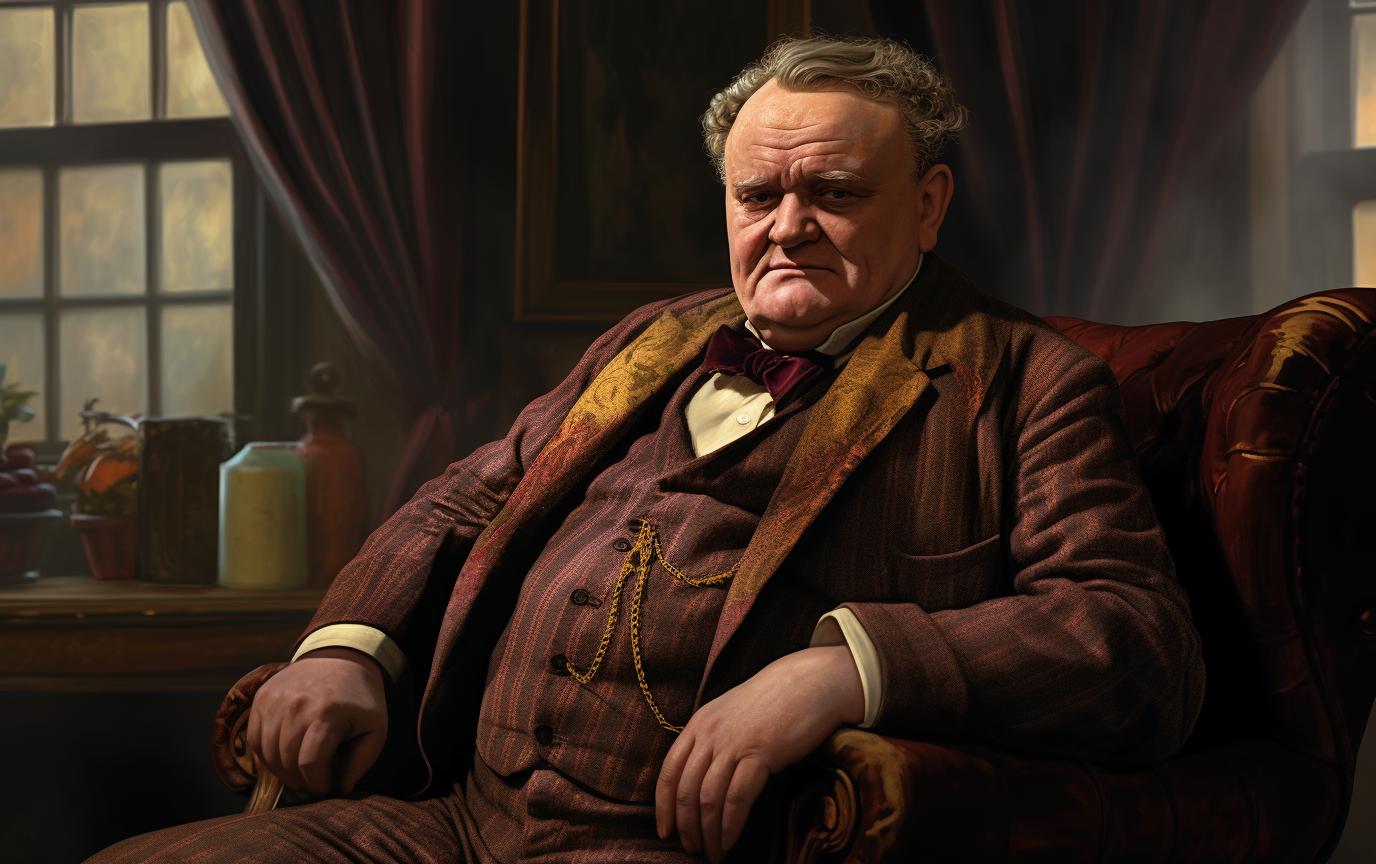Horace Mann
Horace Mann is often described as the founder of the U.S. public school system and served as the secretary of education for Massachusetts, creating a blueprint for a well-run, effective public school system.
Political Figure
May 4, 1796
August 02, 1859
63
Horace Mann, an American educational reformer and politician, played a significant role in enhancing public education in the United States during the 19th century. He is renowned for introducing the “common school” concept, which provided public, tuition-free education to all children, irrespective of their socioeconomic background. As the first Secretary of the Massachusetts Board of Education, Mann worked to establish teacher training programs, improve curriculum standards, and increase funding for public schools. He also advocated for women’s education and strived to create educational opportunities for people with disabilities.
Besides his contributions to education reform, Mann was a strong advocate for prison reform. He served on the Massachusetts Board of Inspectors of State Prisons for several years, working to improve prisoners’ conditions by promoting education, job training programs, and more humane treatment. Mann believed that a reformed prison system could help decrease crime and recidivism rates by equipping inmates with the necessary tools for success upon release.
Horace Mann’s most notable accomplishments include the establishment of the “common school” concept, his role as the first Secretary of the Massachusetts Board of Education, and his advocacy for women’s education and educational opportunities for people with disabilities. His work in prison reform and efforts to improve prisoners’ conditions through education and job training programs are also noteworthy. Mann’s enduring impact on education and prison reform is commemorated today, with numerous schools and organizations named in his honor.
An interesting fact about Horace Mann is that he is often regarded as the founder of the U.S. public school system. Throughout much of the 1840s, he served as Massachusetts’ secretary of education and developed a blueprint for an efficient, well-run public school system in the state.









